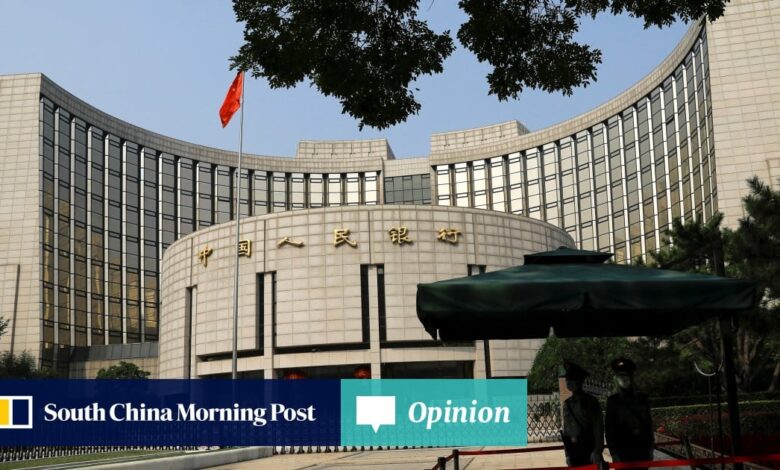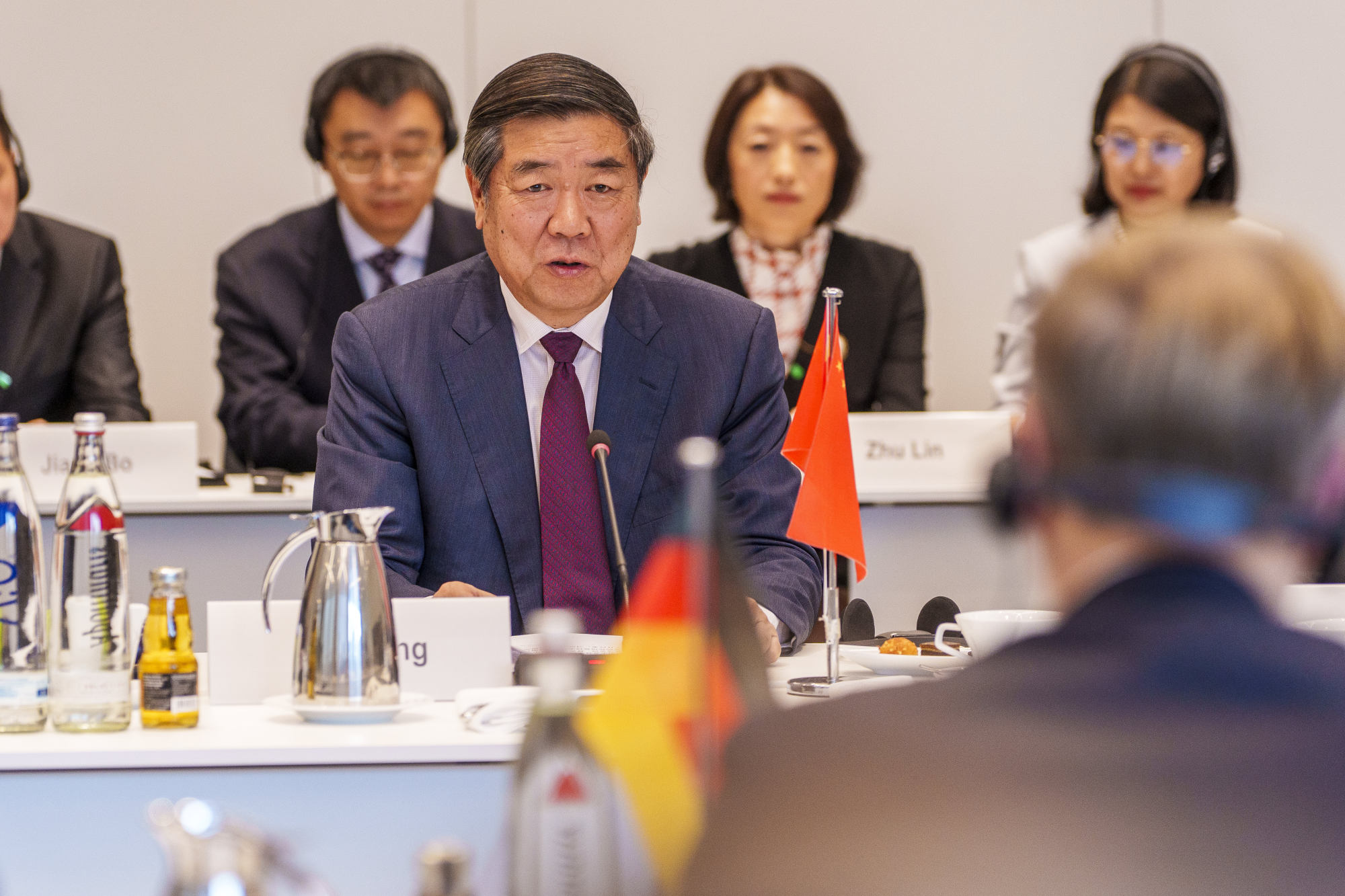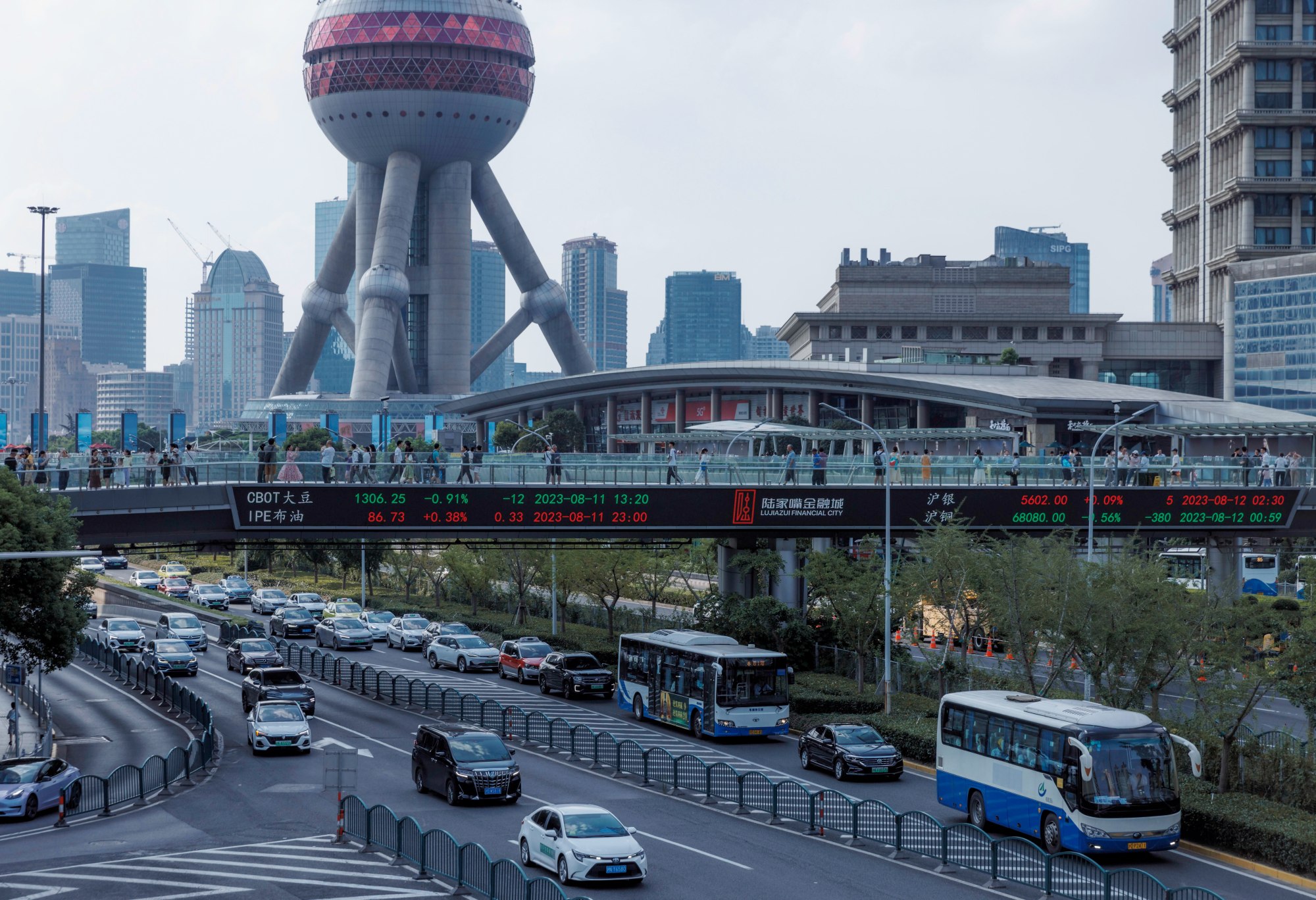Opinion: Why a downsized central bank reflects major shifts in China’s financial governance strategy

[ad_1]
China’s central bank recently eliminated 30 positions. While downsizing 4 per cent of its total headcount may seem like an insignificant move, it reflects big changes in how Beijing views the country’s financial landscape.
The office of the FSDC, which was originally located within the PBOC, has been closed and merged with the CFC’s office.

Under this new structure, the decision-making power is now concentrated at the CFC, rendering the PBOC and other financial regulators mere enforcement apparatuses and front offices.
The arrangement also took away the PBOC’s authority in overseeing the country’s largest financial conglomerates and safeguarding consumer rights related to financial products.
Along with earlier changes in the PBOC’s national network, including the closures of its county-level branches and Federal Reserve-style regional centres, China’s central bank is getting smaller and weaker.
With that, China is no longer following the standard Western model of financial market systems, where an influential central bank like the US Fed or European Central Bank oversees banks and large financial institutions.
To be sure, the PBOC has never been an independent agency. Rather, it has always been an organ within the government. Still, its autonomy had increased noticeably during China’s economic reforms. That trend has now been reversed.
Beijing has good reasons to make changes. After two decades of exuberance, China’s financial industry has turned into a landmine of bad debts and corruption scandals. The mess needs to cleaned up by a centralised power, involving many political, social and strategic recalibrations.
While the PBOC should not be blamed for these troubles, it has played a key role in the “financialisation” of the Chinese economy. For instance, the PBOC had patted itself on the back for creating an onshore corporate and municipal bond market, but that market has also facilitated excessive borrowing by local Chinese governments.

In China’s hybrid state-market system, the PBOC has long been hailed as a pro-market agency pushing for deregulation and liberalisation. However, there are also growing complaints that some of the reforms may have gone too far by neglecting the country’s unique political and social realities.
When something goes wrong, it can quickly turn into a social and even security problem, requiring joint efforts by multiple departments to clean up.
Then there is corruption and fraud. China’s financial market development and lax supervision have created ample room for money-power deals.
An article published by China’s disciplinary commission earlier this year blasted the country’s financial executives for considering themselves “elites” and following Western practices.
The shake-up in China’s financial governance structure also comes against the backdrop of a potential “financial war”.
Amid rising geopolitical tensions, the risks of financial sanctions imposed by other countries can no longer be completely ruled out. It now makes sense for Beijing to elevate the task of preparing for this black-swan scenario to the top leadership.
[ad_2]
Source link





